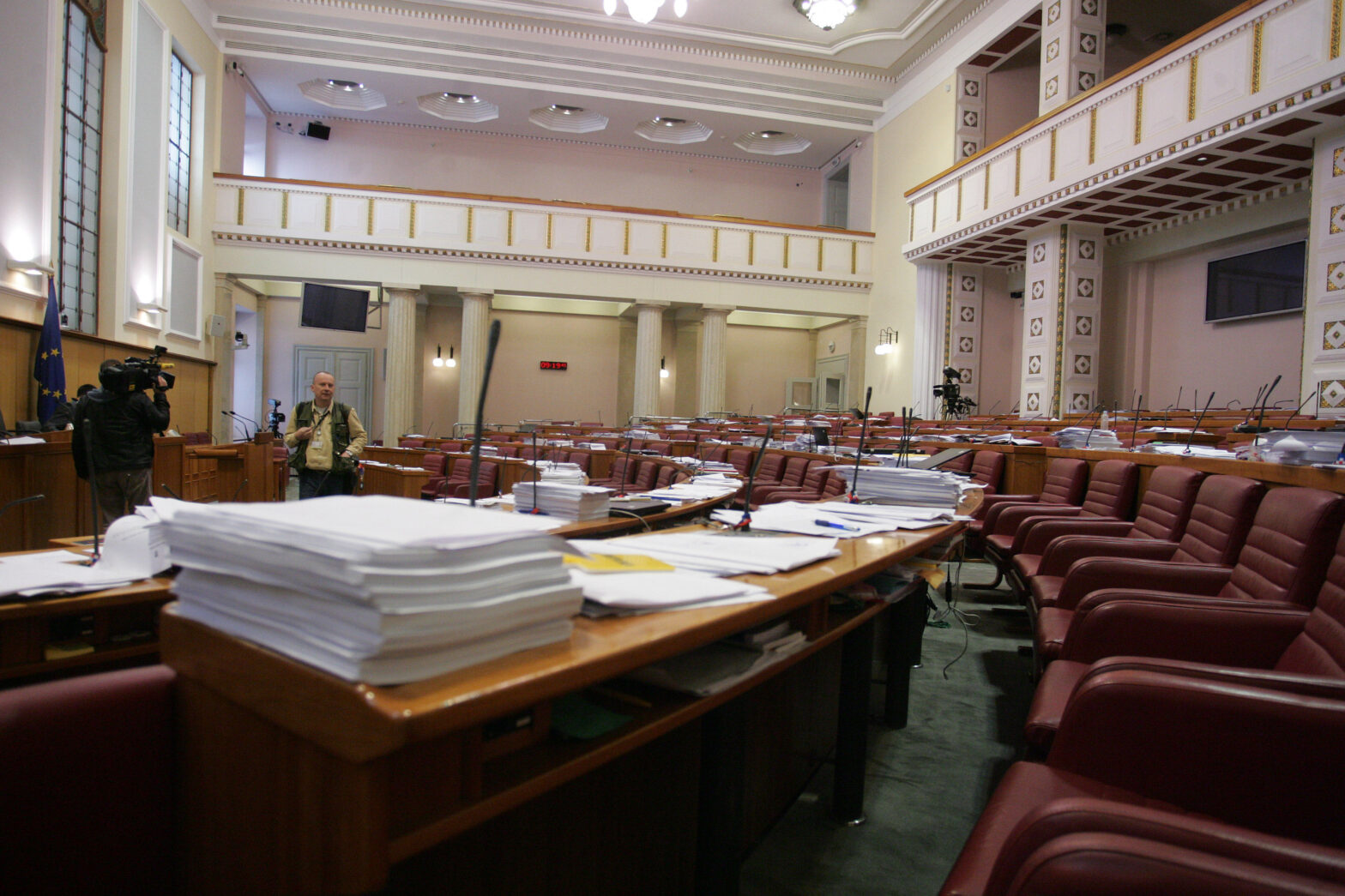The new Standing Orders that regulate the work of the parliament in European affairs and introduces several novelties in relations between executive and legislative government was presented to lawmakers in Croatia’s Sabor for a first reading.
The Standing Orders were proposed by the parliamentary Committee on the Constitution, Standing Orders and Political System and should come into force on July 1.
One of the novelties being introduced is an annual oral report to the Sabor by the prime minister on the state of the nation and work of government which would then be discussed only by parliamentary groups and not individual MPs and the report would be made at the start of the second regular session of Sabor in September.
The procedure on later appointments of cabinet members, such as ministers, is changing so that only the relevant parliamentary committee or committees would discuss candidature and not the entire Sabor which would only take a final vote on the appointment.
The new Standing Orders also regulate the activities of the Sabor in European Affairs with regard to Croatia’s accession to the European Union on July 1.
A committee for European affairs which is to be established is to become the Sabor’s central body to deal with European affairs, particularly with regard to controlling the work of the government and procedures to control whether the principle of subsidiarity is being adhered to.
In addition to a chair and two deputy chairs – one each from the ruling party and one from the opposition the committee would consist of 14 members with six external members.
The activities of some committees are to be broadened so for instance the Legislation Committee would be responsible to adopt unified methodological-nomotechnical regulations for the preparation of acts adopted by the Sabor.
In the future, amendments to laws will in most cases require that the entire law be revamped.
The Standing Orders further recommend measures that should facilitate and speed up the work of Sabor sittings.
In future all official material will be forwarded to MPs in electronic form and will only be printed after a special request.
